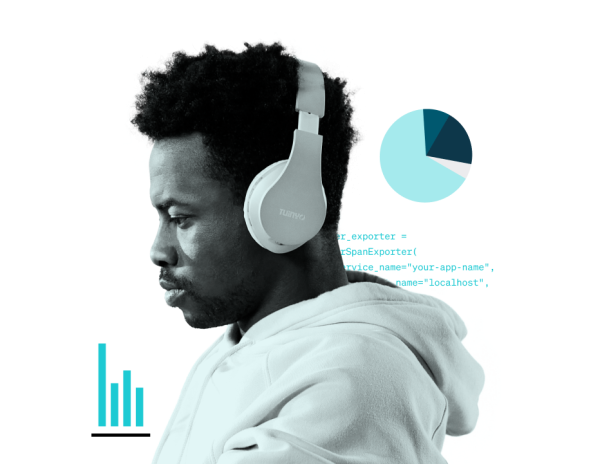Monitoring is still fragmented and too many monitoring tools is a challenge, but organizations are using fewer tools than they did last year. We also see an increasing move toward and strategic preference for a single, consolidated observability platform.
And, while most organizations do not monitor their full tech stacks yet, more observability capabilities were deployed year-over-year (YoY), and more organizations have achieved full-stack observability.
In addition, though outages still happen fairly frequently and are expensive, observing more of the tech stack, achieving full-stack observability, and implementing observability best practices help organizations improve service-level metrics and get the most business value out of their investments.
Continue reading to find out more about the current state of observability.

